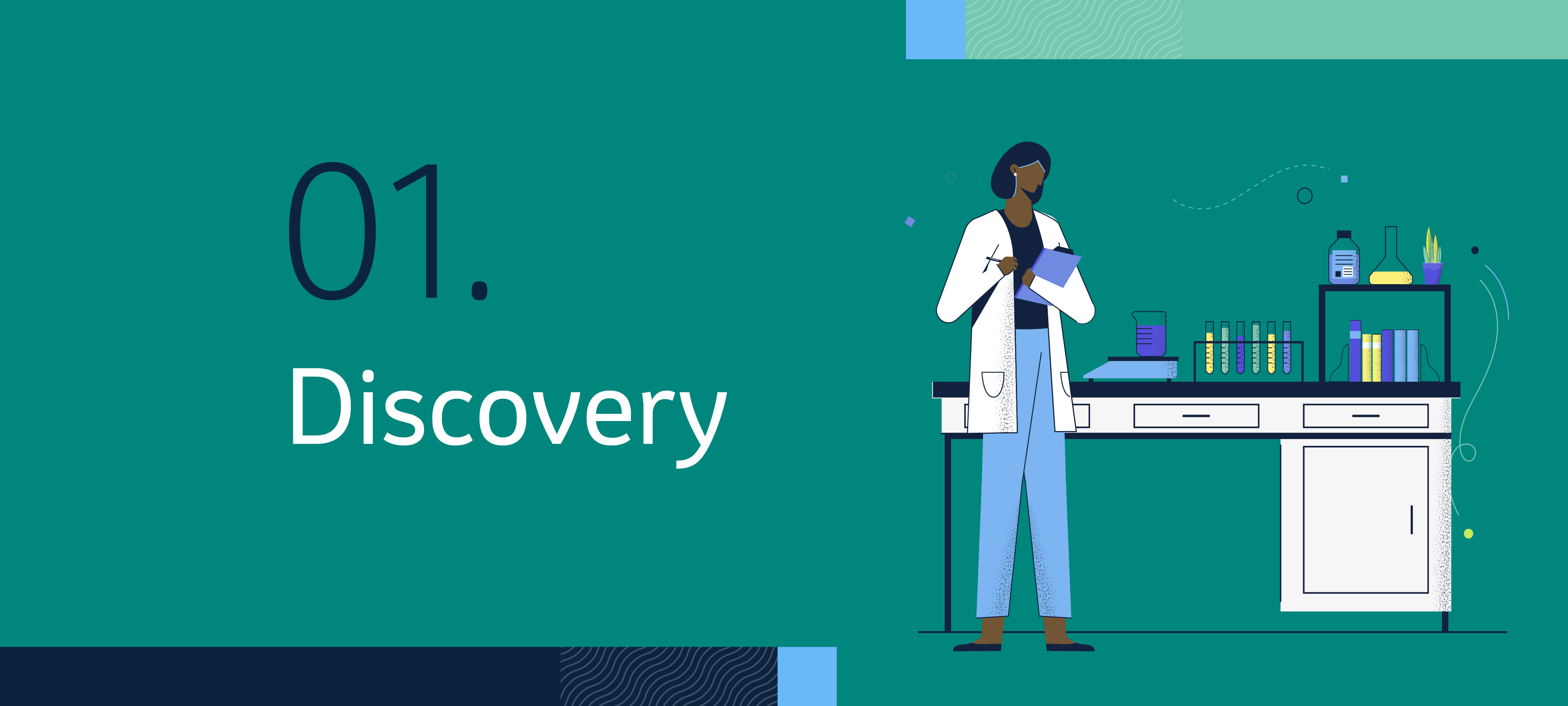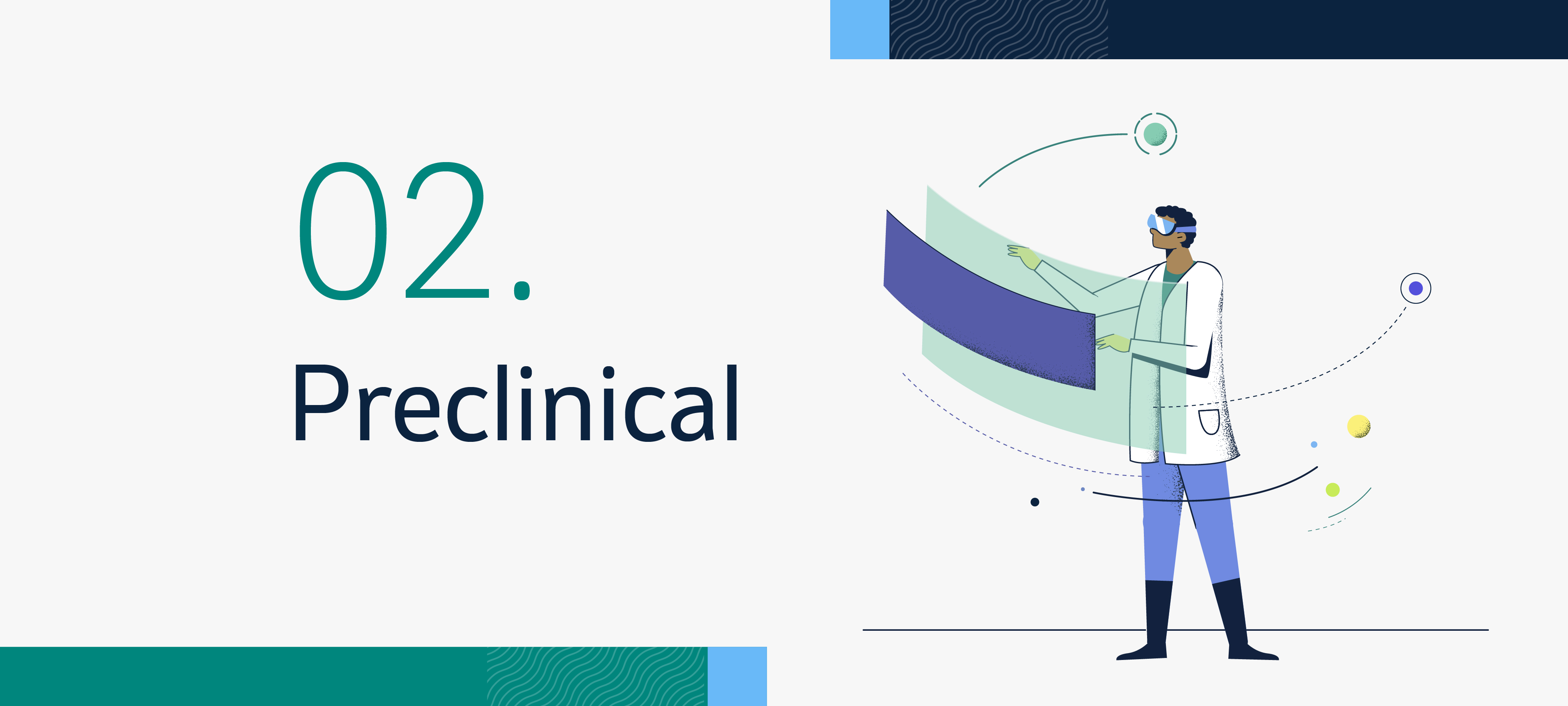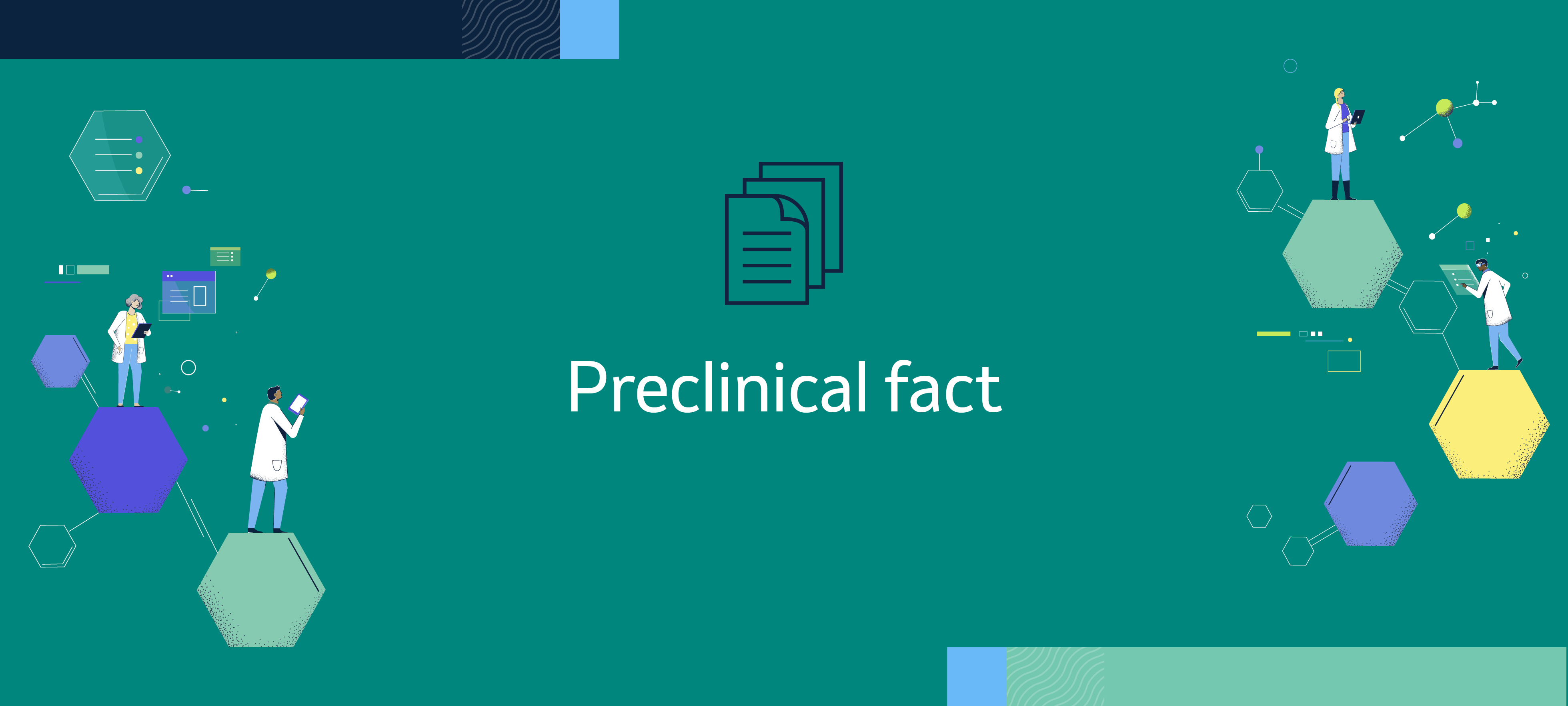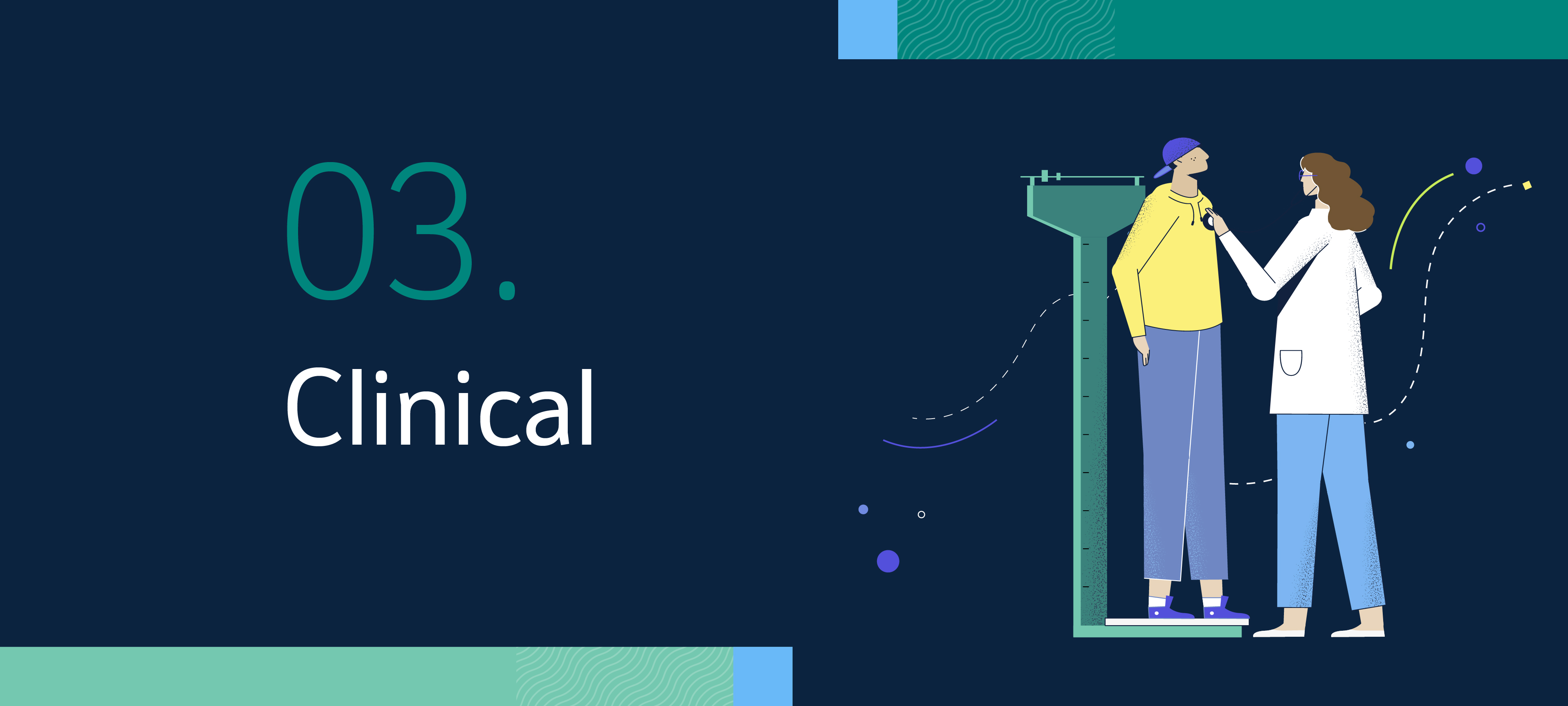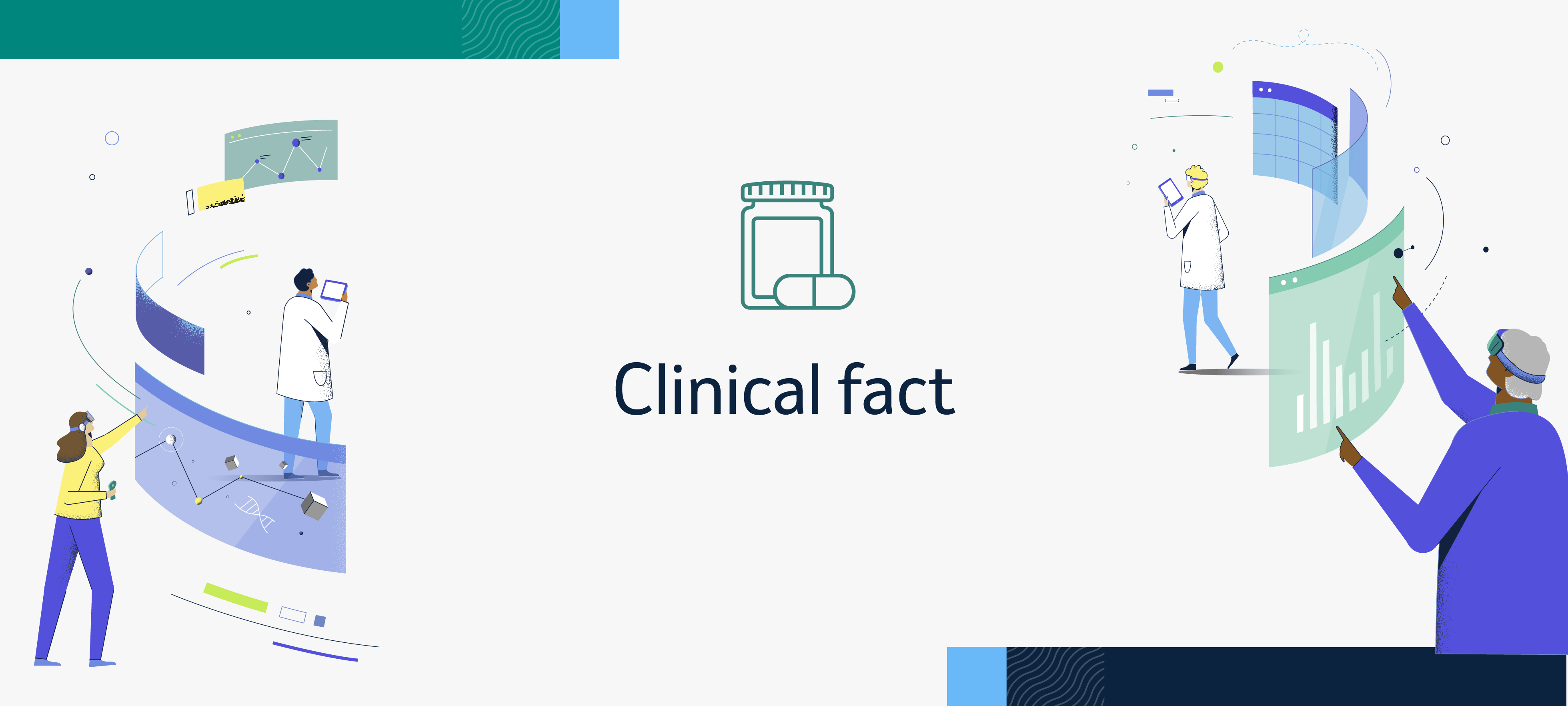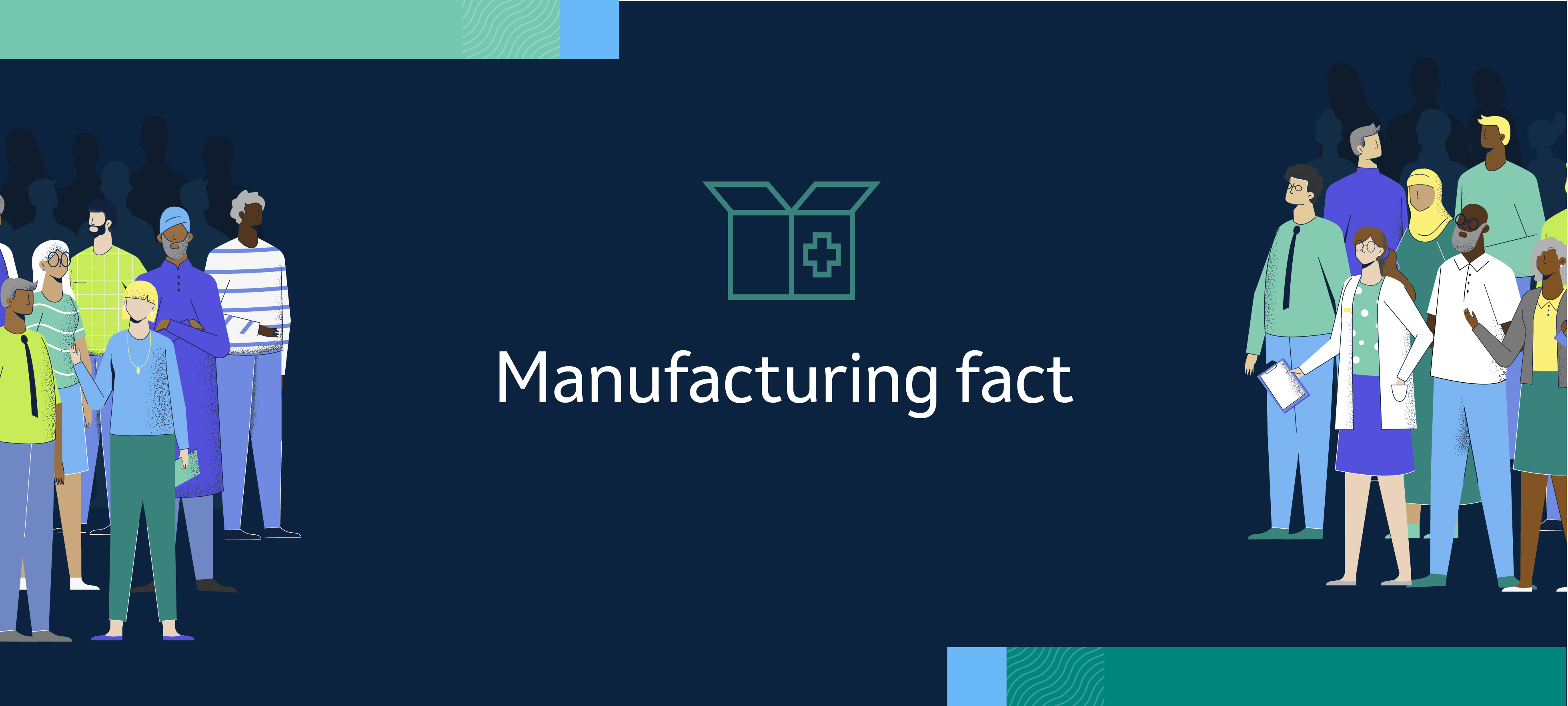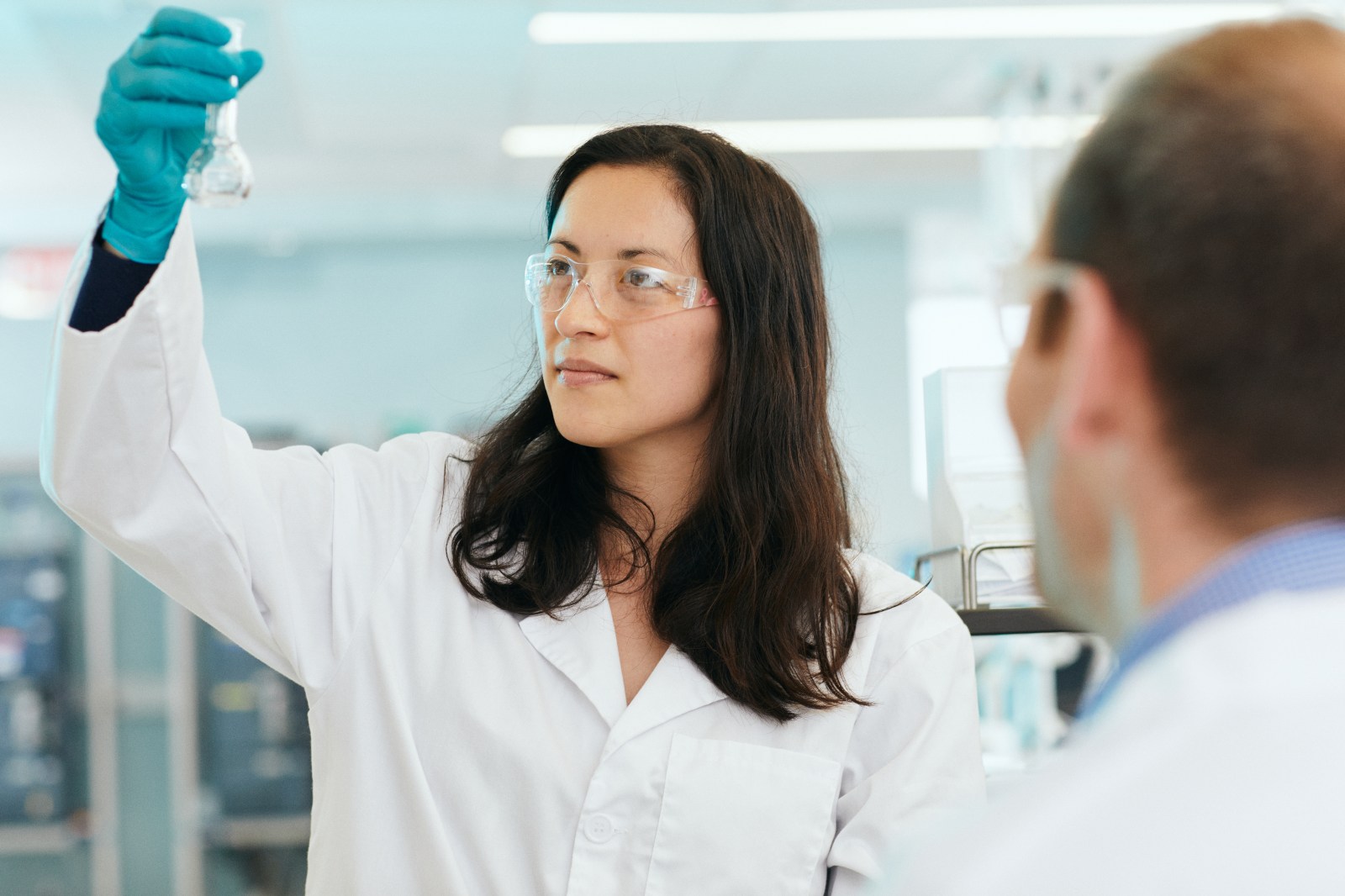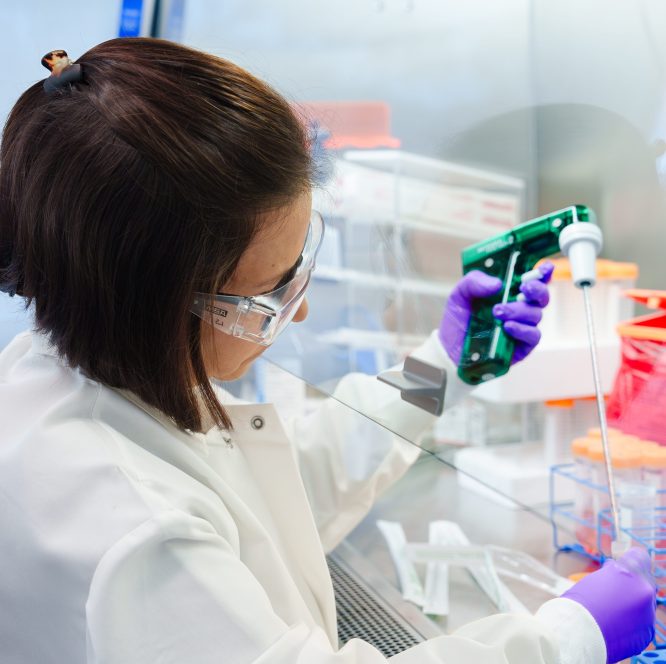
How we invent
Drug discovery and development is a complex and lengthy process. It requires creativity, tenacity and agility and the expertise of thousands of scientists working diligently toward our goal to save and improve lives around the world.
Drug discovery and development
We’re focused on transforming novel science into groundbreaking medicines and vaccines for patients. Our teams of scientists bring together diverse expertise and backgrounds, combined with cutting-edge technologies and tools, to help discover the next scientific breakthrough for patients.
Drug discovery: From hit to lead
Merck scientists explain how new technologies can accelerate the drug discovery process as we use the power of leading-edge science to save and improve lives. Learn more.
Analytical R&D: Partners in problem solving
Our talented scientists in our analytical research & development team are integrating state-of-the-art physical, analytical and bioanalytical solutions, and applying innovative technologies, to advance our company’s pipeline.
Formulation development: Putting the patient first
Our formulation development team explains how leading with a patient-centric approach helps advance our understanding of formulation design, material science and engineering to improve the patient experience.
Clinical supply and manufacturing: Serving patients worldwide
Our clinical supply and pharmaceutical operations teams explain the importance of staying current with trends and advancing technology for optimal clinical trials and patient outcomes.
From lab to patient: explore the journey of a molecule
Drug discovery and development involves dedication and commitment from a wide range of people — from scientists, data analysts and clinical trial volunteers to manufacturing, regulatory, development, marketing and commercial teams, among many others.

Clinical trials
Clinical trials are a key part of the drug development process, testing the safety and effectiveness of medicines and vaccines in development and exploring how different people’s bodies respond to them. Ensuring our data represents varied backgrounds advances science and improves lives by reflecting the true diversity of the populations we aim to serve.
